Interview by Marta Manzoni
Photos by Mauro Talamonti
Powered by Save the Duck
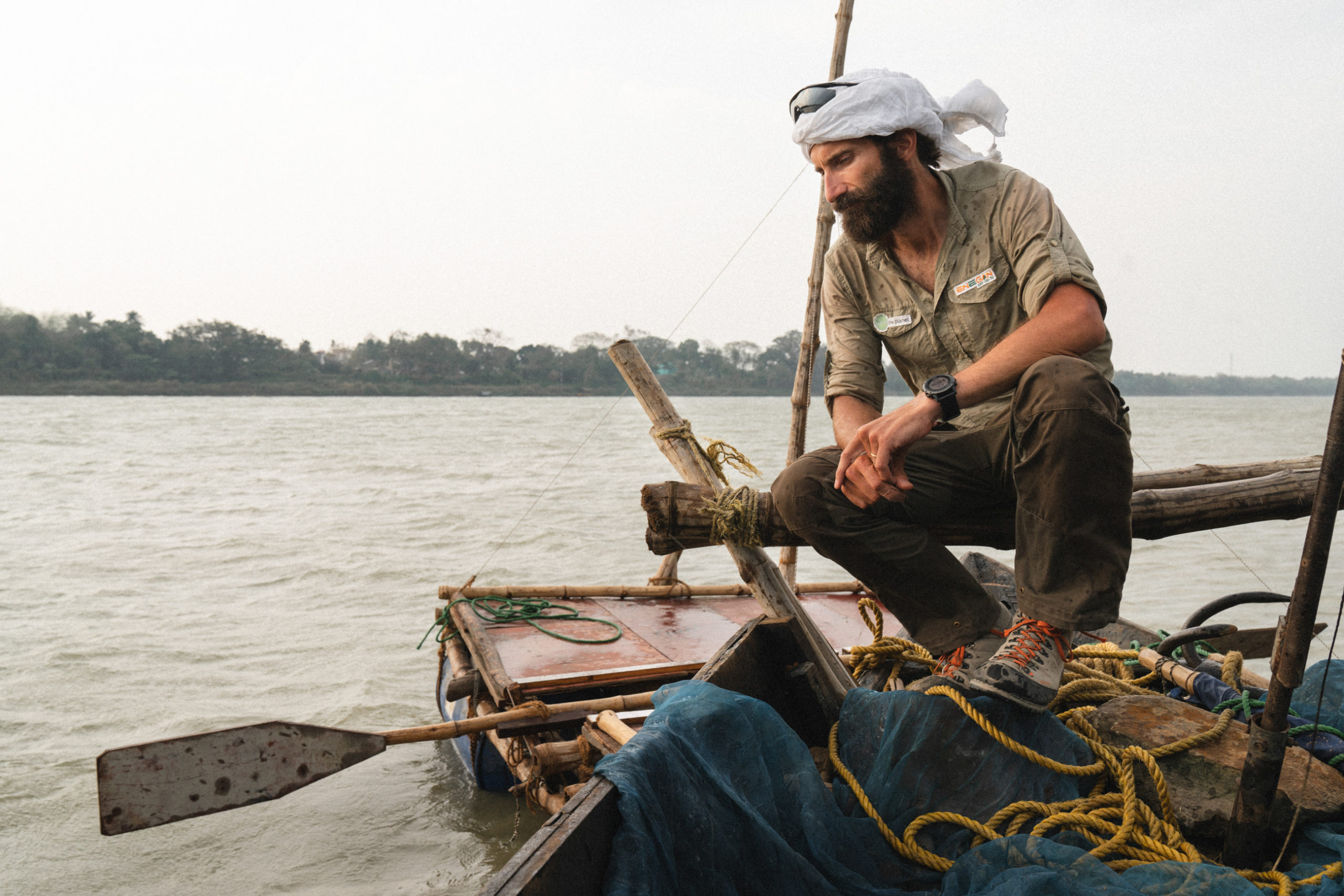
Interview by Marta Manzoni
Photos by Mauro Talamonti
Powered by Save the Duck
We interviewed Alex Bellini, an explorer who loves extreme adventures, who has crossed the Atlantic Ocean and the Pacific Ocean rowing solo, has participated in a marathon in the Sahara desert, but the undertaking he cares about most is fighting to reduce the accumulation of plastic in the world and is committed to protecting the environment.
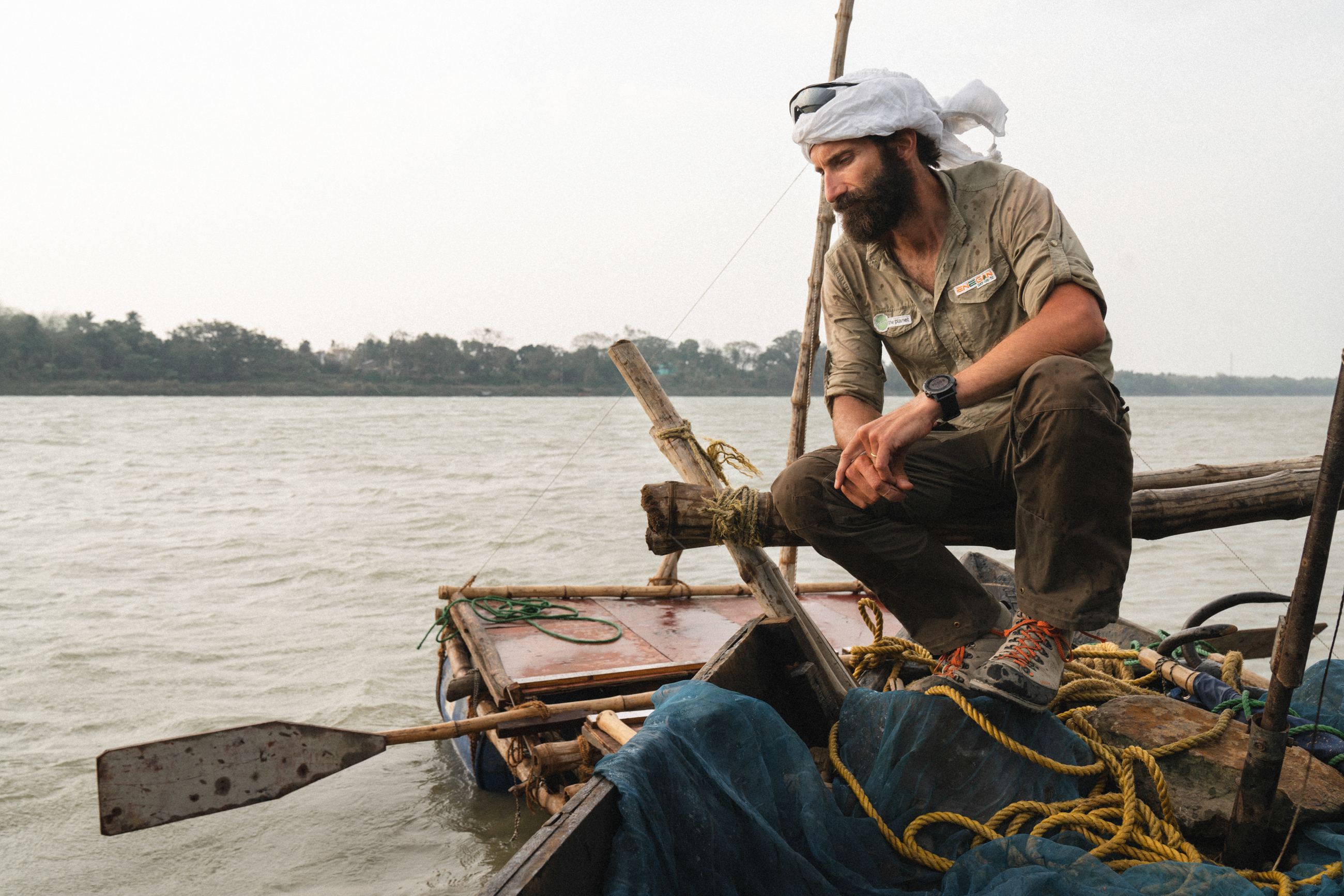
We’ve seen the effects that the lockdown has had on nature: less pollution, the animals that have gone into deserted cities all over the world, the Himalayas visible from hundreds of miles away, what thoughts have you made about this?
The lock-down showed us how we live within a system with many factors that coexist in an interconnected way, so when man creates a positive disturbance, staying away from the streets, polluting less, all the elements that make up the Earth system recreate the new balance. This shows that in nature everything is interconnected. A very clear message: man creates disturbance every day, because if nature were left for what it is it would flourish even after each disturbance. All this should scare us on the one hand and hope on the other: fear for when we will leave again because obviously we will recreate a sort of upheaval, on the other hand it gives us confidence because things are in constant evolution and adaptation.
You are also an activist committed to the fight for the environment and against plastic and you saw with your own eyes the Great Pacific Garbage Patch, a plastic island in the Pacific Ocean formed by 80 thousand tons of waste… Can you tell us what you saw?
The stop through the Great Pacific Garbage Patch is one of those that make up the 10 Rivers 1 Ocean project, a project that my wife and I have been carrying out since 2019 precisely to raise awareness of the plastic problem. In the end we realized that the main problem is not the plastic, but more generally the isolation of nature from everyday discussion, from our consciences. At this stage through, what we mistakenly call “Plastic Island”, which has become a symbol of pollution and the fight against plastic and the attempt to restore a balance within the deeply compromised system. I sailed almost 500 km in the most densely polluted area with my rowing boat and what I could see was the destructive effect of our activities. On the Great Pacific floating plastic material is 80/100,000 tons. Unfortunately the problem is not what floats on the ocean, but what sleeps under the surface of the water. One of the main sources of pollution of the ocean are micro-plastics. Man is able to acquire knowledge in every field, but he is not able to evolve himself. There is a feeling of shame because somehow I also contributed to this cemetery of pieces of plastic, because maybe when I was a child I held in my hand one of those fragments that are now in the ocean. I was part of the problem too. When you come home from a trip like this, you can see even with a more critical sense the things we take for granted and you start looking for solutions to change this way of life.
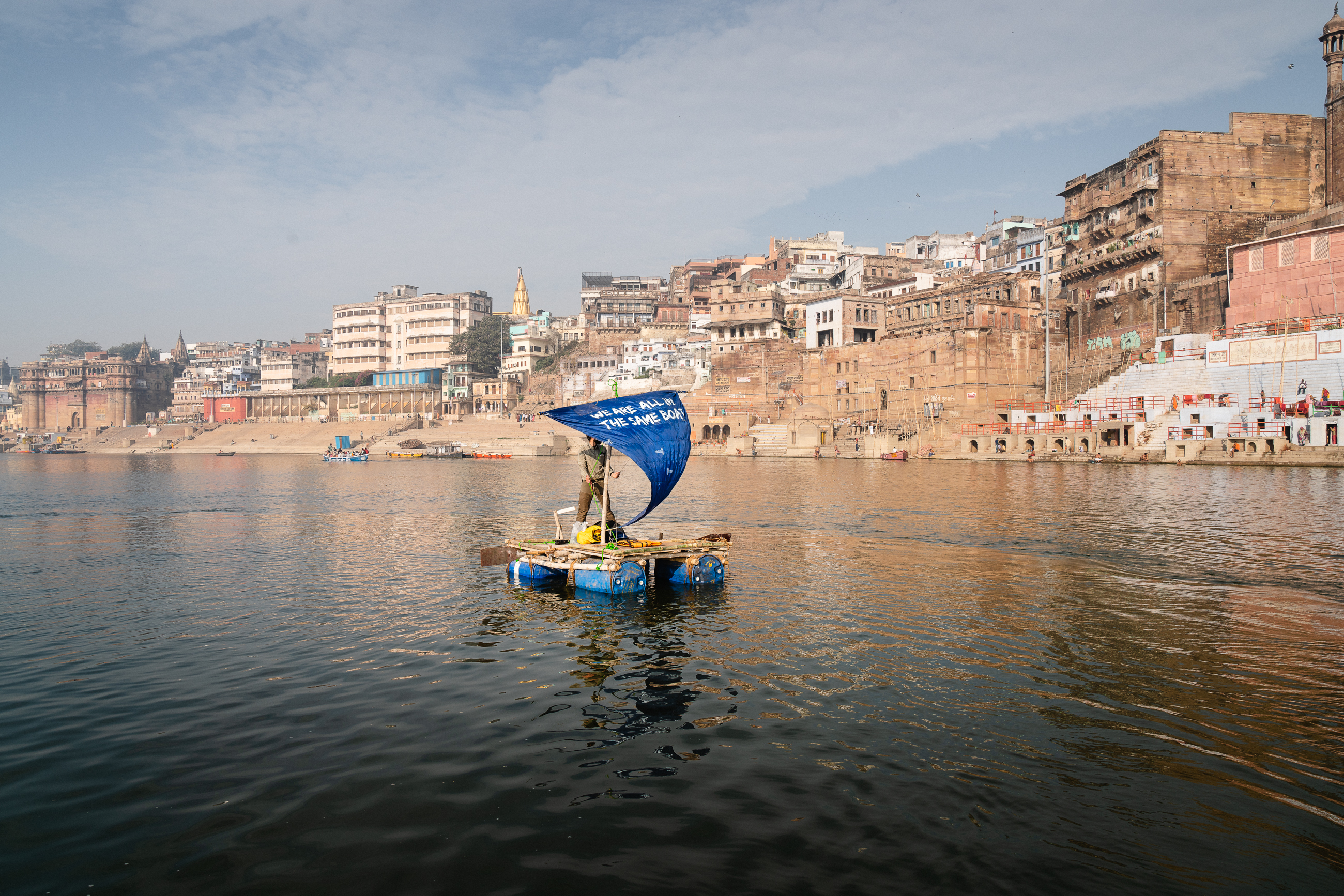
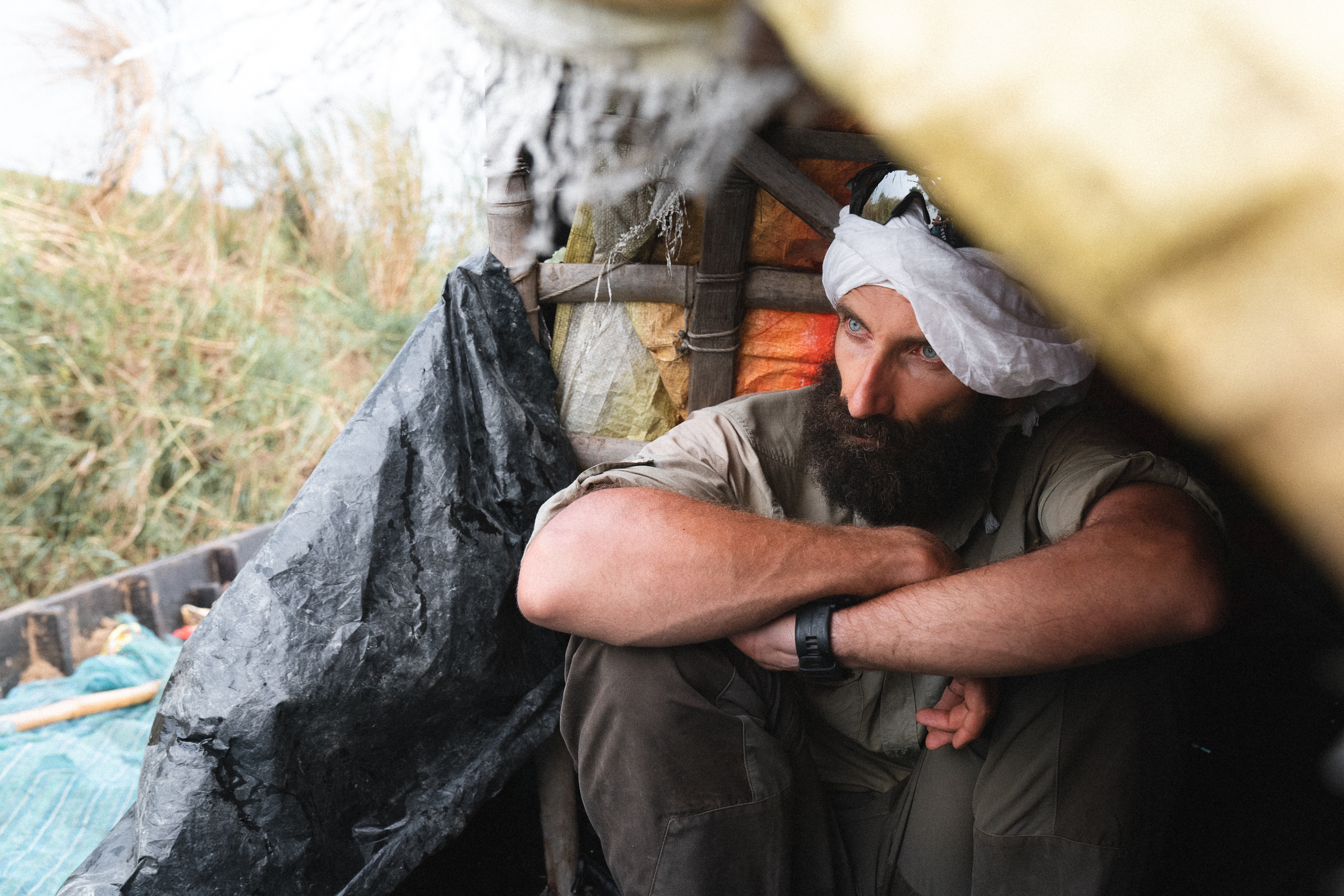
What are the values that prompted you to undertake this project? Which of these values do you share with One Ocean Fund, the NGO of which you are an ambassador, and Save The Duck, a fashion company committed to sustainability that supports you in your awareness actions?
The desire to take care of the environment was born from a long reflection that came with time and thanks also to the intention to travel to get to know me better, put myself in front of a mirror and try to understand who I am, what I want and also know how to accept my imperfections. At a certain point, around the age of 40, I felt that there was something, a reason, even more beautiful to explore that was not related to enjoying knowledge, but to create expeditions that would benefit everyone. Helping people embark on a journey of exploration that awakens ecological thinking. As a result of this, my wife had the intuition to go to the source of the problem and then to navigate the rivers, which are 80% responsible for the plastic that pollutes the seas. So we launched this project. Obviously at this moment the time is ripe, not only because we living beings are reaching a phase of enlightenment in which we are realizing that no one will come to save us, but we must save ourselves. We are beginning to understand that there is a way forward and the future will be on this trajectory or there will be no future. We are all moving and there are also foundations such as One Ocean which has as a fundamental principle to create knowledge and awareness around the environmental issue. There are also business realities that care about people, social impact and environmental sustainability. In addition to the P of profit, there is a P of Planet and a P of People, and Save The Duck is one of those companies that has understood and interprets this commitment in the best way, because it recognizes the ecological footprint of its activity and tries to commit to a more sustainable activity.
What are the choices you make every day to live in a more sustainable way? What can each person do in their own small way to reduce their ecological footprint?
Every four years we are called to make our contribution to the polls, we are called to give our preference for a political party, for a leader and so we decide what future to give our country. The way we can very concretely decide what future we want to have for us and our successors is to undertake the commitment to sustainability as a vote, which you make every time you go into a supermarket, you go on an e-commerce, every time we consume. The idea is in itself very simple: to give the vote to those who in your opinion best interpret this need to create more balance, not only environmental and social, but also economic. When we make purchases we try to ask ourselves who are the people behind it, how people are treated, what is the quality of life. That opens up another issue: that of transparency. We prefer companies that make transparency an asset and share the same ecological values as we do.
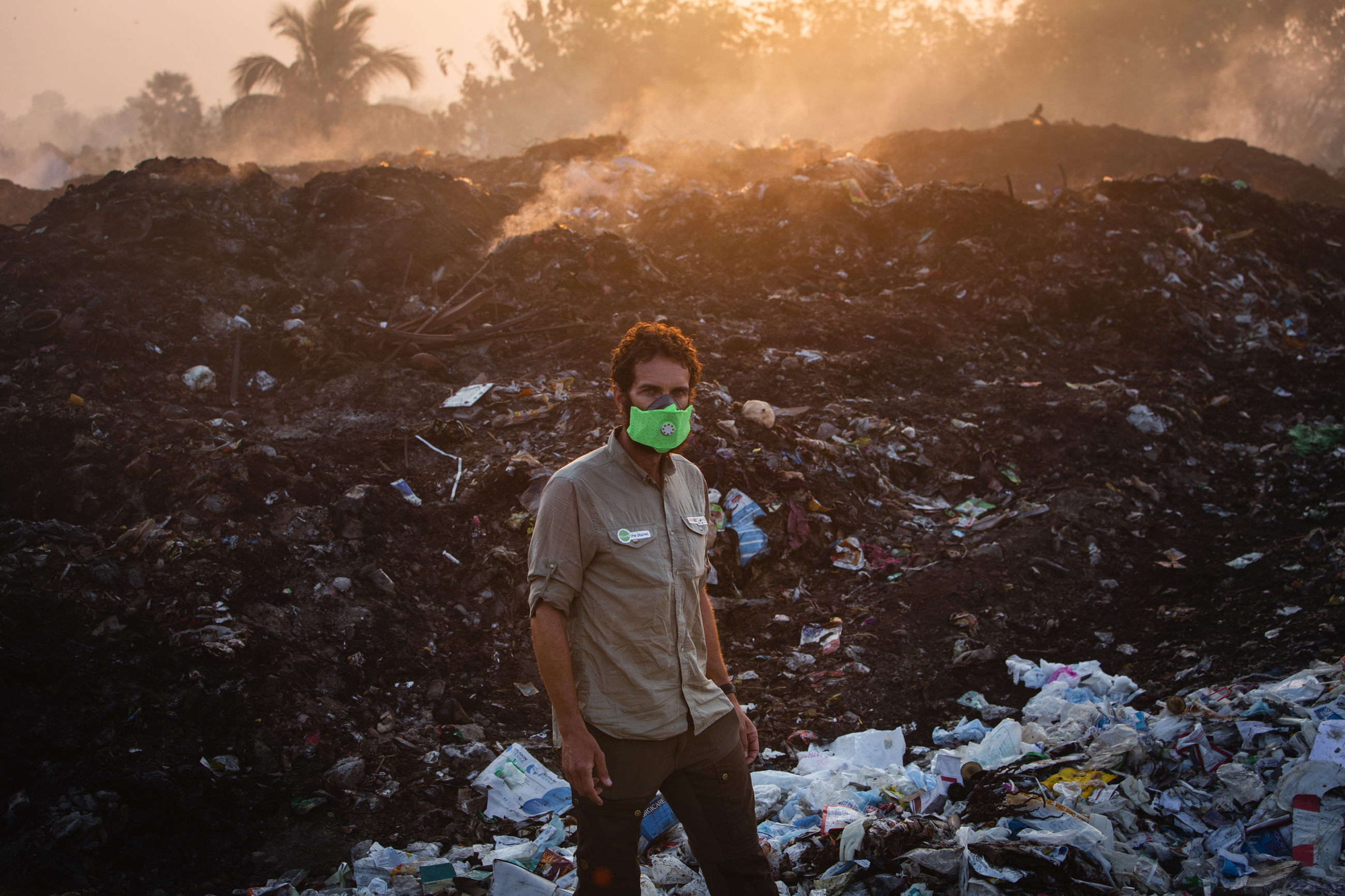
What is sustainable fashion? What are the individual choices that can be made with regard to clothing? Will there be a green awareness on the part of the fashion industry? How much do more eco-friendly clothes cost?
What could be more concrete than consuming. It seems that humankind is on the verge of extinction because in its place is coming the consumer genre. How and what do we want to consume? This is already a question that gives rise to some food for thought on what are actions to be taken. To consume in a more responsible way? In a more careful way? We can really make our contribution by purchasing more responsibly, which also means choosing products that are not packaged or that are packaged in sustainable packaging. Finally, the fundamental theme is undoubtedly also consuming less, because there is no plastic that is more sustainable than the one we do not buy. There is much more to lose when we decide not to give up today, if today I decide not to give up buying any item online, I have the feeling that I am not giving up, but in reality the renunciation I am asking for is much greater. The cost is not only to be understood as what comes out of our pockets, for example when we buy something cheap we ask ourselves who pays the real cost of that product, who pays the difference. The same thing goes for sustainable fashion, it can be more expensive, but the cost is not only seen as what comes out of our wallet, but the cost that someone will have to pay one day for jeans, for the pants that we now buy.
For your expedition you are often away from home for several months… I know you have two daughters…what’s your relationship like with your family at this lockdown? And how do you handle your relationship with your family when you’re away?
This is the longest time I’ve spent with my wife in years. That has its disadvantages and advantages. We realize that the most difficult thing right now is the ability to negotiate, the ability to recognize that they live in a family where everyone has different stimuli and also the ability to manage conflict. Perhaps this period of confrontation will help us in the future to confront and better manage even the opposite opinions to ours, without living in a state of perpetual conflict.
In my family we are used to living moments of great detachment and great isolation and this has always fed us by getting used to living with it. Today it doesn’t seem true for my daughters to see us regularly at home, but it’s also nice to be a bit far away. There comes a certain point in the phase of distance that you really want to go back home and in that moment for me the journey becomes a journey home that brings me back with the desire to be with my family and to resume life as it was. I still live this moment very well. I feel good at home. Sometimes, my daughters, the phase of detachment is hard, because sometimes the children do not fully understand why a father has to spend so much time away from his family.
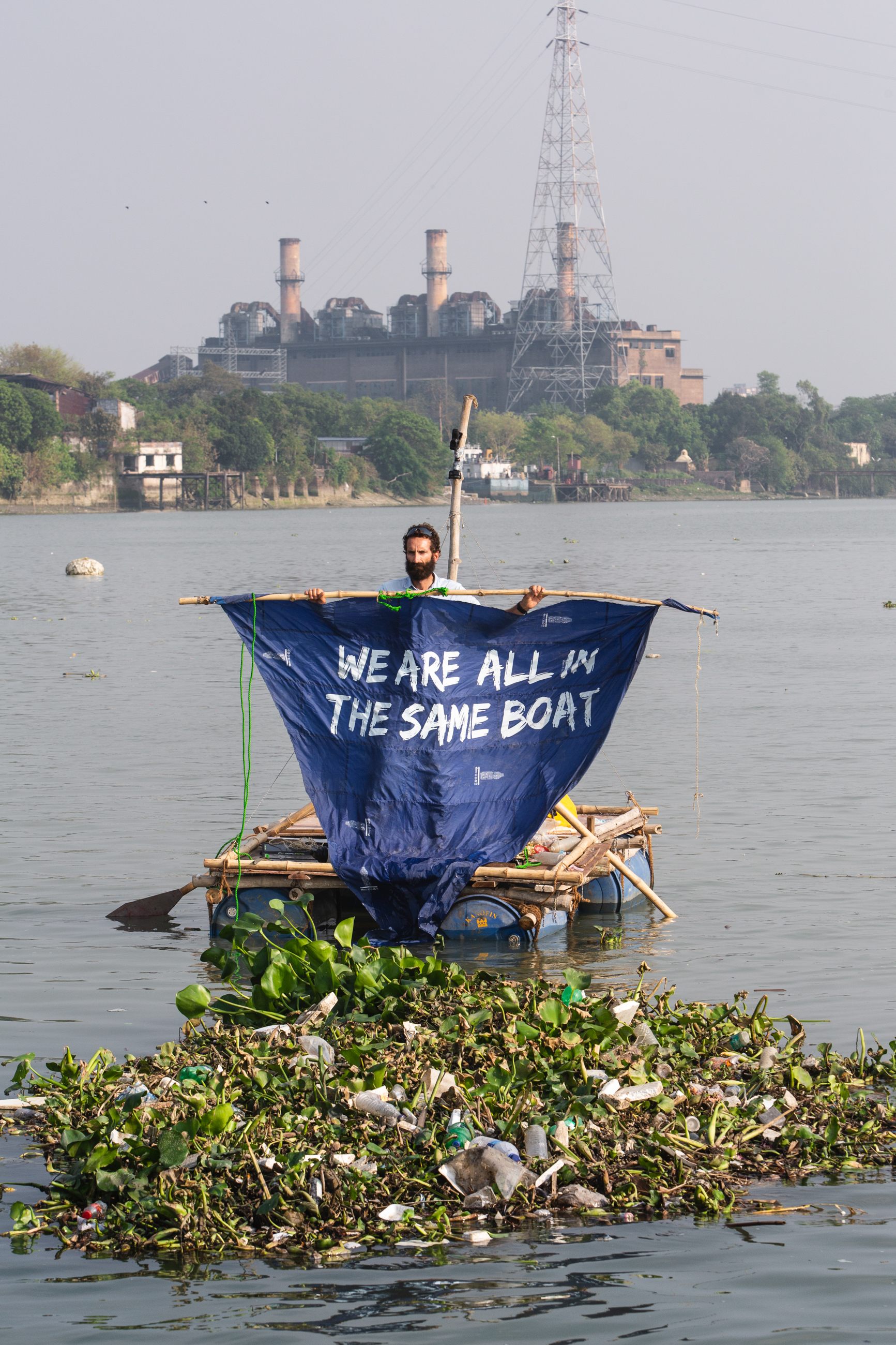
“If today I decide not to give up buying any item online, I have the feeling that I’m not giving up, but in fact the renunciation I’m asking for is much greater. The cost is not only to be understood as what comes out of our pockets, for example when we buy something cheap we ask ourselves who pays the real cost of that product, who pays the difference”.
To imagine your adventures, I think you have to have a lot of imagination, there are some people who say that creativity is not so important, then you have to wonder how we would have done in this lock-down as we would have done without movies, without books and music. What is creativity to you?
In my opinion creativity is an innate capacity in the human being to use what he wants and what he has. Creativity is the ability from a piece of paper to create an airplane. Creativity is what undoubtedly saved us in what has been the human being’s path on earth. At every uncertain scenario, we have tapped into our creativity. Even if nowadays we are becoming more and more bourgeois and technological and we forget that we have this innate ability to organize ourselves and to always be able to fall on our feet, we have to remember this playful and funny part. Knowing that we can do it thanks to creativity is useful.
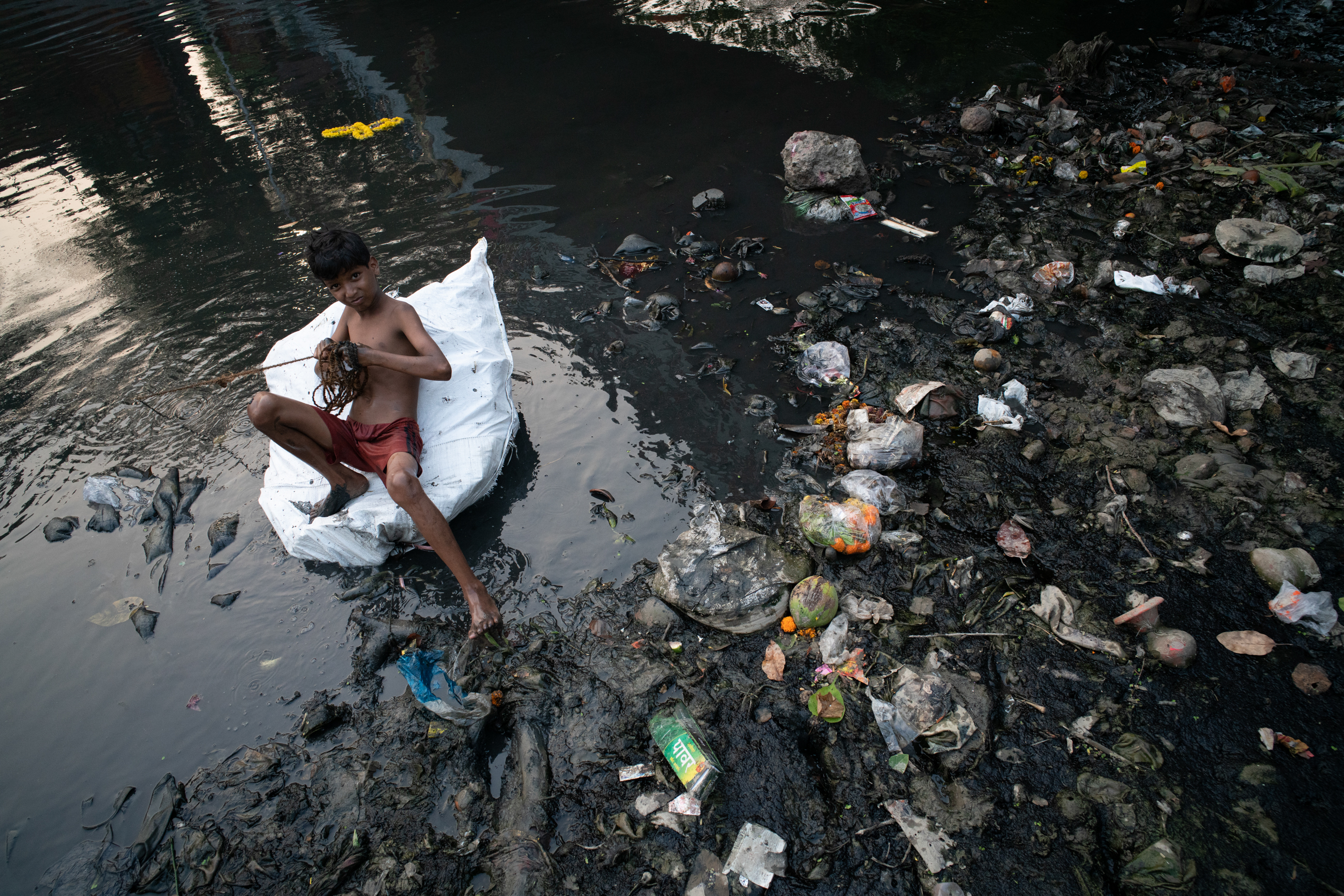
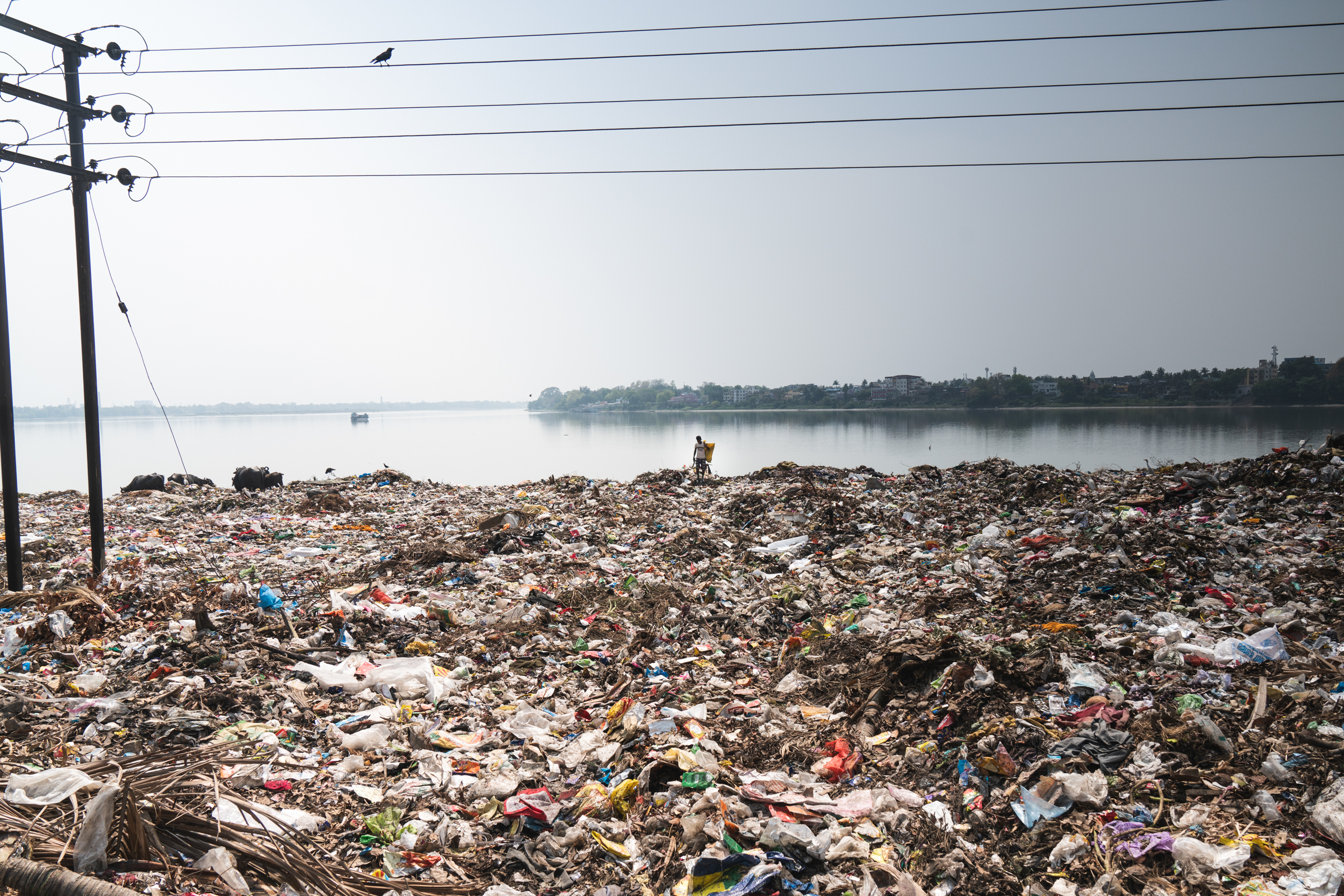
Share this Feature